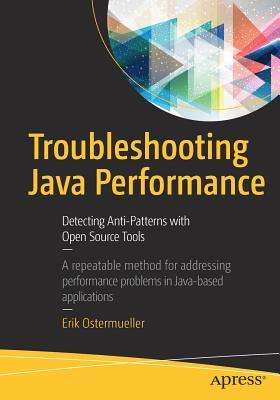Performance problems are not always localized to Java, but often fall into the realms of database access and server load. This book gives attention to both of these issues through examples showing how to identify repetitive SQL, and identify architecture-wide performance problems ahead of production rollout. Learn how to apply load like an expert, and determine how much load to apply to determine whether your system scales. Included are walk-throughs of a dozen server-side performance puzzles that are ready to run on your own machine. Following these examples helps you learn to:
- Assess the performance health of four main problems areas in a Java system: The P.A.t.h. Checklist presents each area with its own set of plug-it-in-now tools
- Pinpoint the code at fault for CPU and other bottlenecks without a Java profiler
- Find memory leaks in just minutes using heapSpank, the author's open-source leak detector utility that is freely available from heapSpank.org
What You'll Learn
- Avoid the 6 most common ways to mess up a load test
- Determine the exact number of threads to dial into the load generator to test your system's scalability
- Detect the three most common SQL performance anti-patterns
- Measure network response times of calls to back-end systems ('alien systems')
- Identify whether garbage collection performance is healthy or unhealthy and whether delays are caused by problems in the old or new generation, so you know which generation needs to be adjusted
Intermediate and expert Java developers and architects. Java experts will be able to update their skill set with the latest and most productive, open-source Java performance tools. Intermediate Java developers are exposed to the most common performance defects that repeatedly show up in Java applications, ones that account for the bulk of slow-performing systems. Experts and intermediates alike will benefit from the chapters on load generation.
